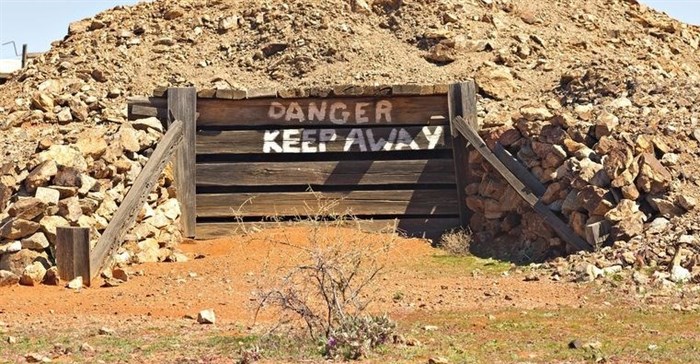
The Centre for Environmental Rights held a seminar entitled "Mine Closure and Rehabilitation: From Dereliction to Accountability?" in Cape Town recently.
Of course, accountability and rehabilitation of former mining areas is not only a South African dilemma, but a challenge that takes place worldwide.
According to Professor Caroline Digby, Adjunct Professor and Director for the Centre of Sustainability in Mining and Industry, the aim of responsible mining should be to:
"Firstly there is a deep resistance to talking about closure and a perception that mines never close," she points out.
Then there's the chain of custody - those that open mines, develop closure plans, build relationships with communities and make financial provision, are seldom still around to close the mine.
"Governance after closure and timeframes for building social, human capital and sustainable businesses takes time - often longer than the life of the mine. The current focus is also on individual mine and local scale, rather than having a multi-mine and regional approach," Prof. Digby says.
She borrows from a submission made by the Chamber of Mines to the Human Rights Commission to explain how things should change: "No mine can close independently of its neighbours - there is a need to rethink the kind of tools that we use to manage impacts. If a mine closes prematurely, that mine has impacts on its neighbours; mines cannot have a stand-alone closure plan."
Professor Tracey-Ann Humby, Associate Professor: School of Law, University of the Witwatersrand, says that the scope of the problem in South Africa stretches to 6000 derelict or ownerless mines, the significance of the rehabilitation and the pace at which it takes place.
Then there is the human tragedy aspect. For example, the zamma zamma or illegal miners who are killed in territorial disputes and while working in dangerous circumstances, as well as the irreversible impact on the environment, and the health and social fabric of surrounding communities.
Prof. Humby outlines a number of points that need to be taken into consideration when planning mine closures:
Mine closures and rehabilitation is a complex challenge and something the country is going to face for decades to come. Therefore, the solution appears to incorporate a multi-disciplinary approach comprising private and public participation, financial and environmental regulations and complete transparency.
